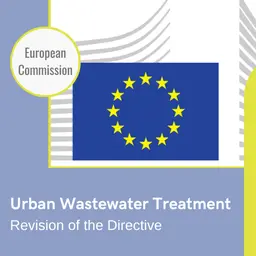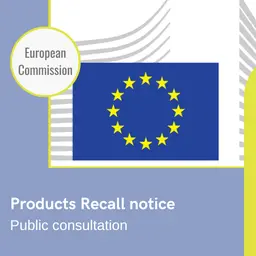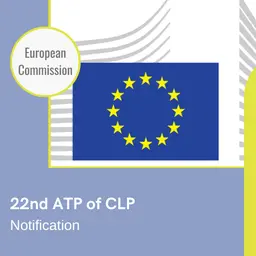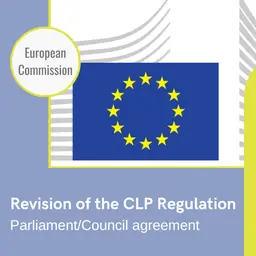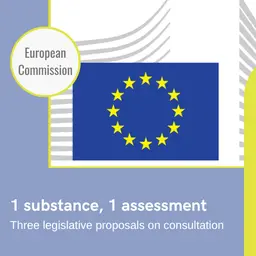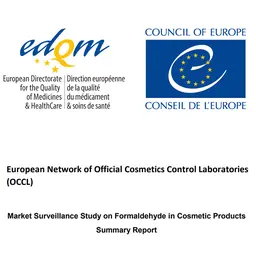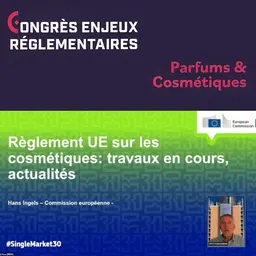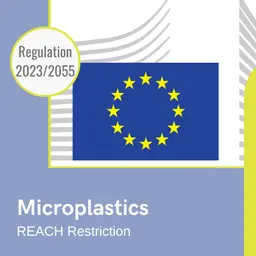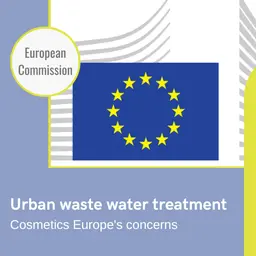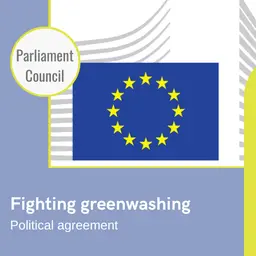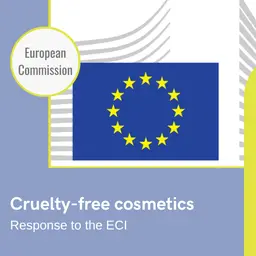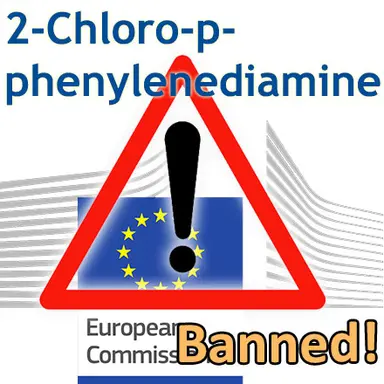
Previously permitted in hair dye products, including eyebrow dye products, and eyelash dye products at a concentration of 4.6%, 2-Chloro-p-phenylenediamine and its sulfate and dihydrochloride salts are now completely banned for use in cosmetic products. This ban follows the publication of the Regulation 2019/681 of 30 April 2019.
This measure is the consequence of the Opinion of the SCCS (European Scientific Committee for Consumer Safety) of 19 September 2013 which concluded that no sufficient margin of safety could be deduced for the use of 2-Chloro-p-Phenylenediamine in oxidative hair dye formulations for eyebrows and eyelashes in a concentration of maximum 4.6%.
The SCCS further indicated that it was not possible to give a conclusion on the genotoxic potential of 2-Chloro-p-Phenylenediamine and that sulfate and dihydrochloride salts of 2-Chloro-p-Phenylenediamine should be handled with the same caution as 2-Chloro-p-Phenylenediamine.
This Opinion was formalised by Regulation 2019/681 which added these substances to Annex II (prohibited substances) of the Cosmetics Regulation 1223/2009, a provision applicable since 22 November 2019 for products placed on the market, and 22 February 2020 for products made available on the market.
They are therefore henceforth totally banned.
It is the responsibility of manufacturers and Responsible Persons to take all appropriate measures to meet these dates, by ensuring the conformity of their new formulas, by checking the state of stocks of products available on the market and by informing distributors of the deadline for withdrawing non-compliant products from the market.
Sources
• SCCS: Henna OK, 2-Chloro-p-phenylenediamine refused, CosmeticOBS, …

